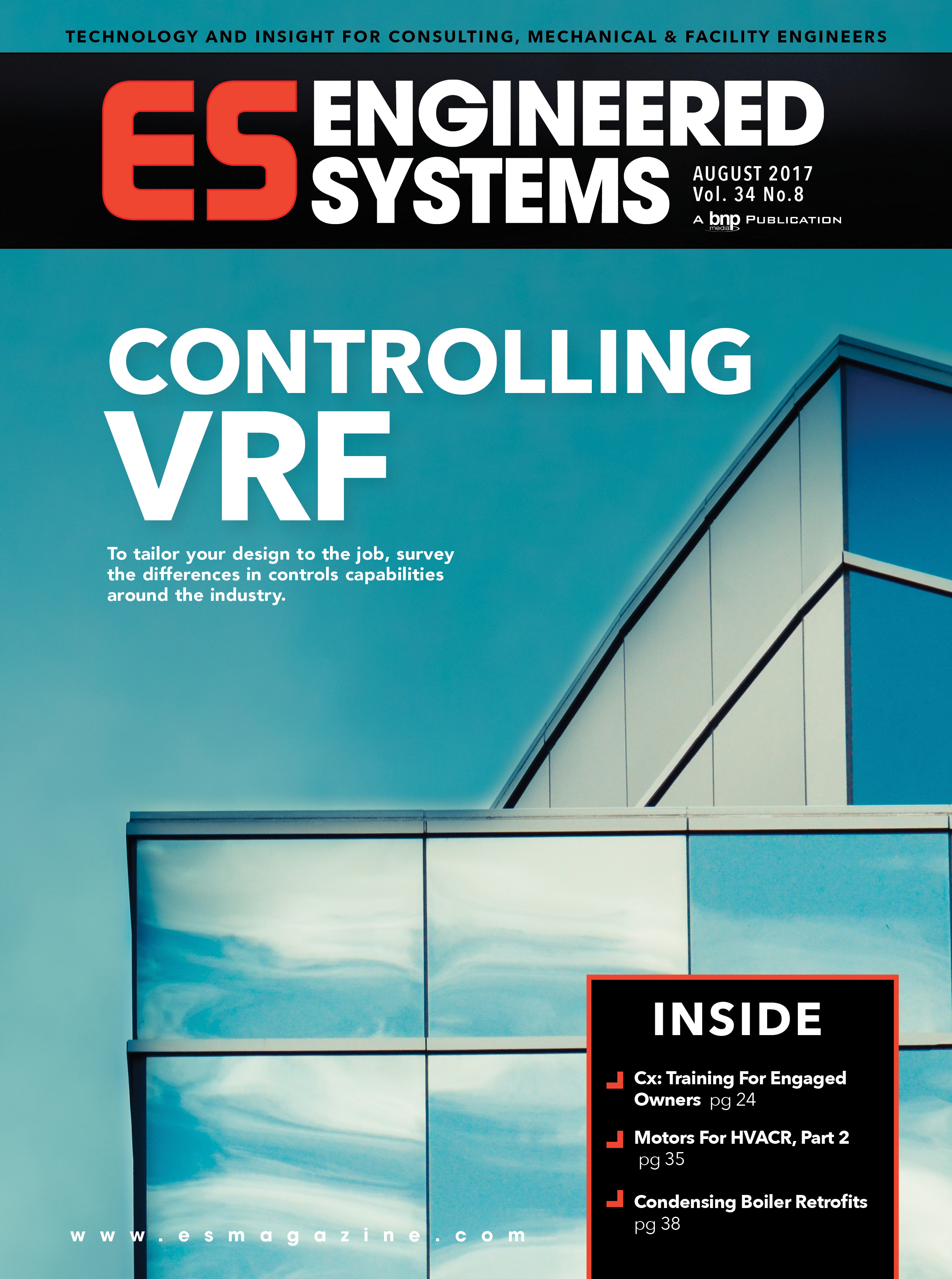The code official test can occur simultaneously with the commissioning test but, in my experience, the code official test usually involves less testing than the commissioning test.
The Differences
Why is the commissioning fire alarm system test different from the code official test? It is different because the commissioning consultant typically has a different mandate from his client than the code official has from his superiors.For a simple fire alarm system in a small building (less than 40,000 sq ft), the code official test would probably include: smoke detectors, strobes, horns, smoke damper closure, flow switches, tamper switches, and hvac shutdown. The commissioning consultant would simultaneously check these various devices. However, further commissioning of these devices would be quantitative in nature. For example, horn sound levels would be measured with a decibel meter and duct smoke detectors with air probes would be measured for differential pressure across the air probes.
In addition, the commissioning consultant would test features of the fire alarm control panel. A control panel features test includes a check for "trouble alarms" by simulating: missing devices, wire shorts, wire grounds, open circuits, and miscellaneous battery tests including a 24-hour battery test with the normal power disconnected.
For a complex fire alarm system in a large building, the code official test would probably be about the same as for a simple system. The test would, of course, take more time but would not necessarily be more in-depth.
Intricate Testing
Commissioning of a large, complex fire alarm system can take days or weeks. During this time the commissioning consultant systematically documents, using detailed checklists, the status of device testing. A code official may keep status of testing by memory only.A commissioning consultant will observe the action of each device within the complex system. The consultant also observes hvac shutdown and smoke evacuation startup in order to verify that control hardware components (wires and relays) create the desired action.
In addition, the commissioning consultant needs to review the fire alarm custom program to verify that all the possible equipment response sequences will occur. A review of the program is necessary because physical testing of all the possible equipment response sequences is often not logistically possible and requires too many laborhours. Thus, testing is divided into verification of mechanical action and program review.
During field testing, the commissioning consultant verifies the address of each device by observing that the address is correctly displayed on the fire alarm control panel when that device is activated. A code official does not necessarily verify that all the device addresses are correct.
A Thorough Review
For program review, the commissioning consultant would obtain a printout of the custom fire alarm program. The printout can include hundreds of pages, not all of which contain pertinent information. The custom fire alarm program includes command lines that may not be intuitively obvious even to a person that has learned computer programming languages. The program reviewer must be meticulous, analytical, and have the ability to comprehend relatively abstract computer codes. A code official may not have these attributes and/or the time to perform detailed program reviews.This brief column reflects my personal experiences of working with code officials as a commissioning consultant. Many code officials could perform a detailed fire alarm test if they were mandated to do so. However, individual jurisdictions may not require such testing or the peculiarities of a project (such as a remote location) are such that a highly trained code official is not available to perform fire alarm testing. ES

